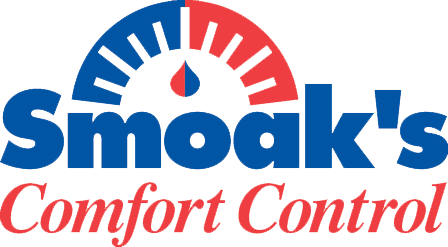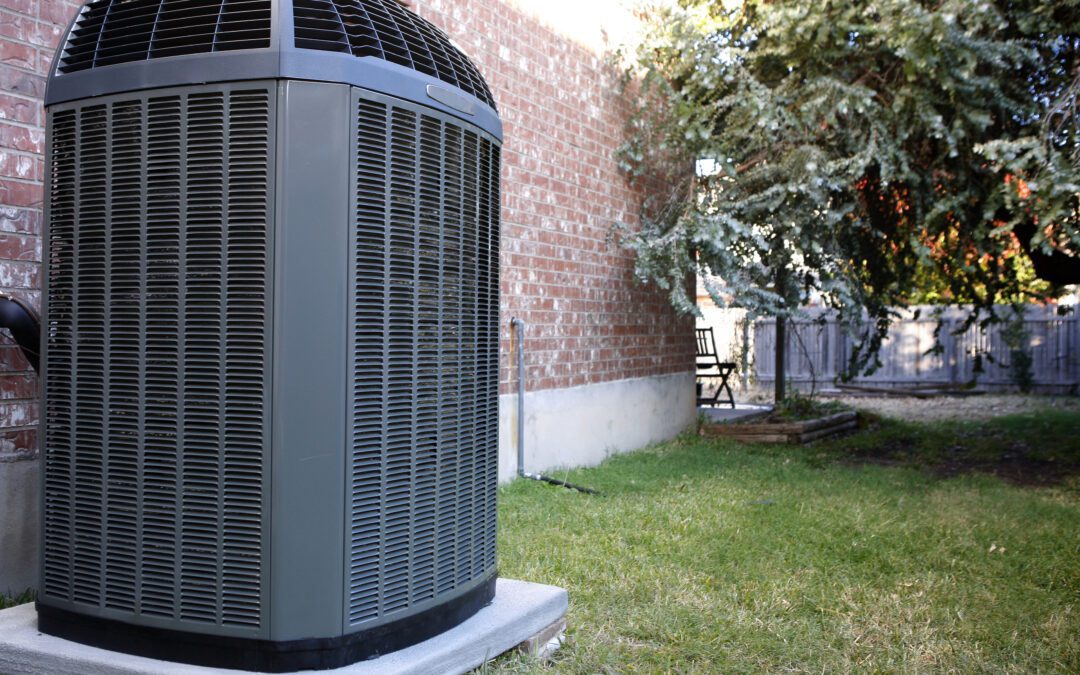You may feel great while walking around the inside of your home. Yet, as soon as you get outdoors, you may find yourself sneezing, coughing, or blowing your nose. While inside, your properly working HVAC unit reduces the allergies in your home and make it easier for you to enjoy your day. Here are ways you can optimize your HVAC system to ensure it continues to help in this way.
Filter
Your air filter plays a crucial role in trapping allergens and keeping your unit working properly. By investing in a high-quality air filters, you can trap the smallest of particles and breathe easier. Many homeowners trust in filters with the highest MERV rating to get the best possible levels of filtration. Others rely on HEPA filters although those are not typically recommended for centralized HVAC systems. Rather than guessing about what you need, speak with a technician that understands your heating, ventilation, and air conditioning in Charleston.
Dehumidify
Not only is it important to purify the air in your home, but there must be an ideal humidity level to alleviate allergies. Mold and dust mites thrive in hot, humid areas and can serve as a breeding ground for many allergens. But dry air can also cause problems by irritating your throat and preventing your nasal area from trapping bacteria and viruses. To regulate the humidity in your home, use a dehumidifier to help the work that is done your air conditioner. If you still notice problems, ask a professional that knows about Charleston HVAC services. Make sure your HVAC in Charleston is running properly with an appointment with Smoak’s Comfort Control at www.smoakscomfort.com.

